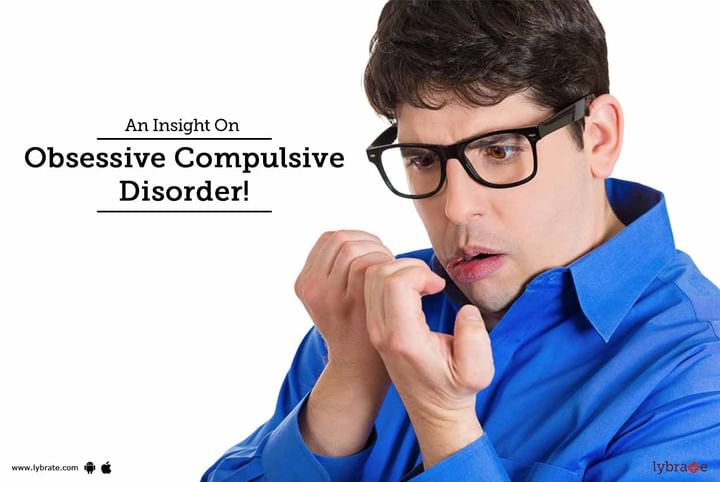An Insight On Obsessive Compulsive Disorder!
All or most of us have the habit of double checking if the house is locked before leaving home or cleaning the house extensively till it is spotlessly clean. But if such behavior becomes an obsession that you can't help doing it and go about it compulsively to the extent that it affects your normal life, it might be a case of OCD. OCD which is the acronym for obsessive-compulsive disorder, a chronic disorder in which a person has uncontrollable reoccurring thoughts and an unavoidable urge to perform a particular activity over and over.
How to know if it is OCD?
- People affected with OCD have both, obsessional and compulsion symptoms. Obsessions are repeated thoughts, images and urges that create anxiety in human mind like fear of contamination or germs, expecting things to stay in perfect order, feeling taboo against caste, sex religion, and corresponding harm and so on.
- Compulsions are repetitive actions performed by an OCD patient in response to his or her obsessional thoughts which may include excessive washing, cleaning, arranging things in a particular way, repeated checking out things or work done, counting things over and over again and more.
- However, not all repetitive actions are signs of OCD. It's common to see a person checking a crucial work done by him twice. This becomes obsessive when a person is not able to control his thoughts and activities, gets distressed about not performing those activities and spends a significant amount of time in a day on these tasks.
Who are vulnerable to OCD?
The causes of OCD are not yet clearly known. However, people have higher chances of developing OCD when their first-degree relatives are affected by the problem. Moreover, the risk goes even higher when the first-degree relative was affected at his young or teenage. Researchers are still working to find the link between OCD and genes so that causes, diagnosis, and treatment of OCD get better in future.
Studies have also revealed that there might be some connection between OCD and abnormalities in some regions of the brain. People who experience traumatizing experiences in their childhood or during their life are highly susceptible to OCD. However, such ideas have not yet been proved.
How can the condition be managed?
OCD is treated with psychotherapy, meditation, or a combination of both. However, some medicines help to get over OCD and its symptoms. But the best way to help an OCD patient is if he can himself get his obsessions and compulsion under control. Medicines will always help OCD symptoms but might have some side effects.
The OCD symptoms may come and go, go easy over time or worsen. Patients might identify the problem themselves or might fail to understand the abnormalities in their lifestyle. If a person feels that he/she is being affected by OCD, there is a need to consult the doctor before it disturbs the normal life.
In case you have a concern or query you can always consult an expert & get answers to your questions!



+1.svg)
